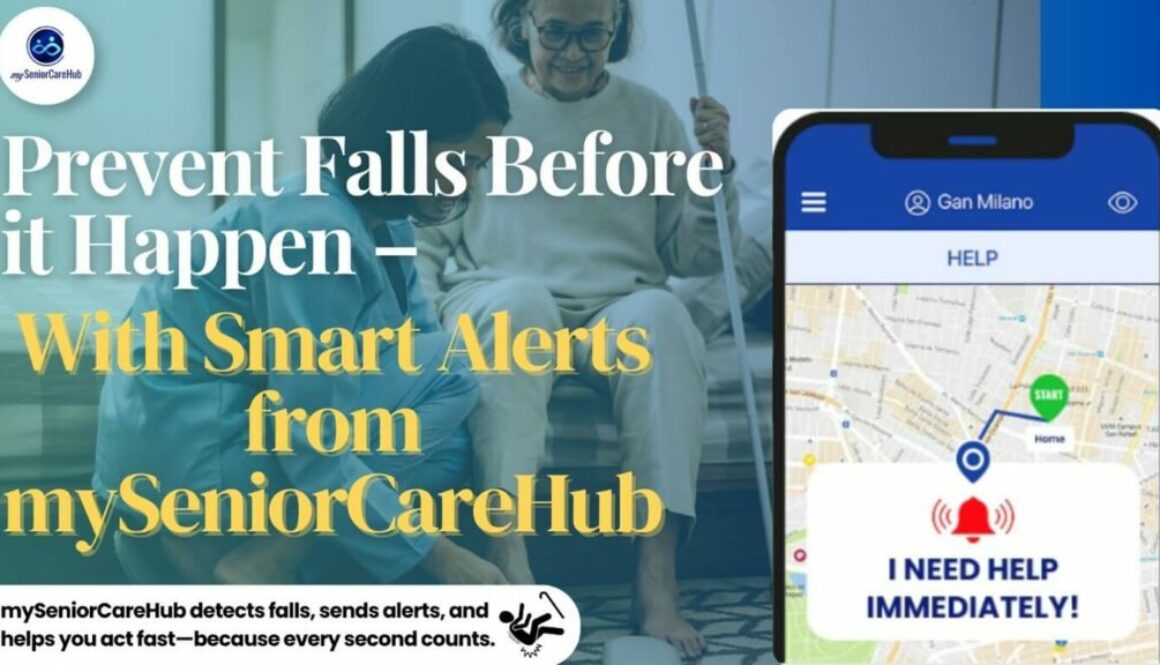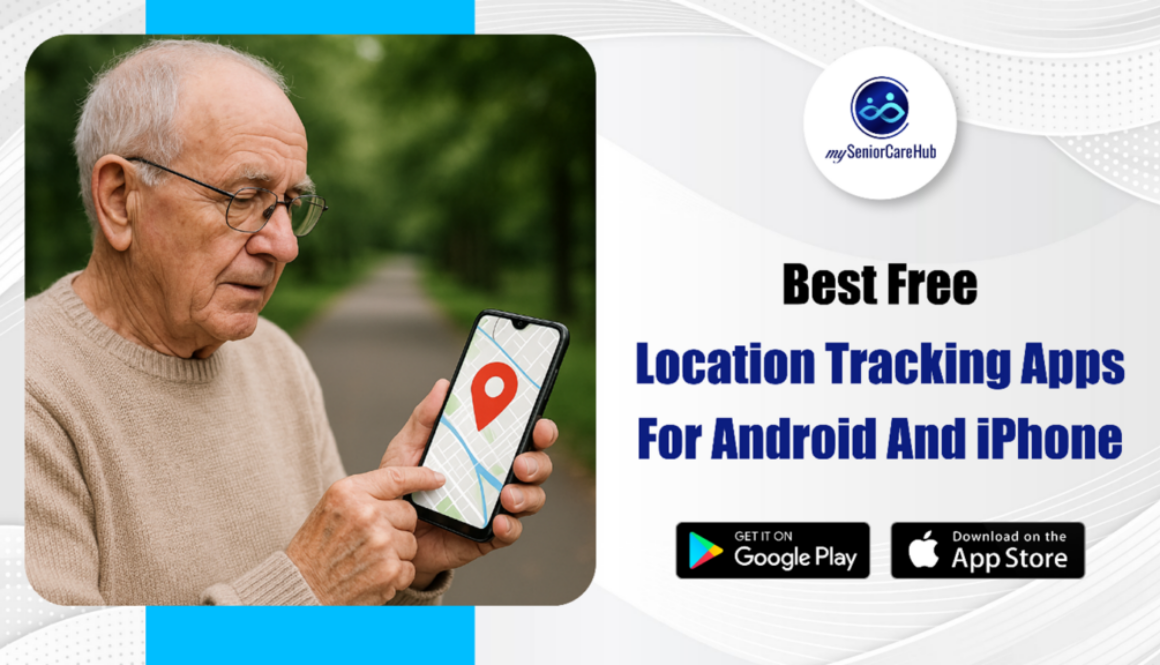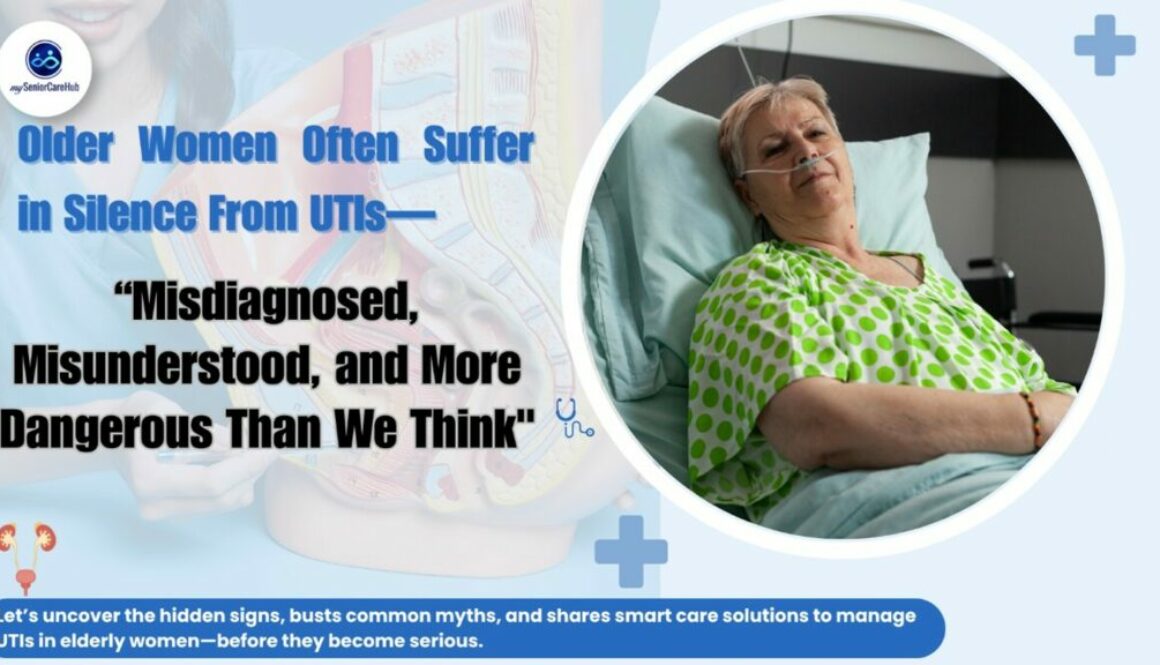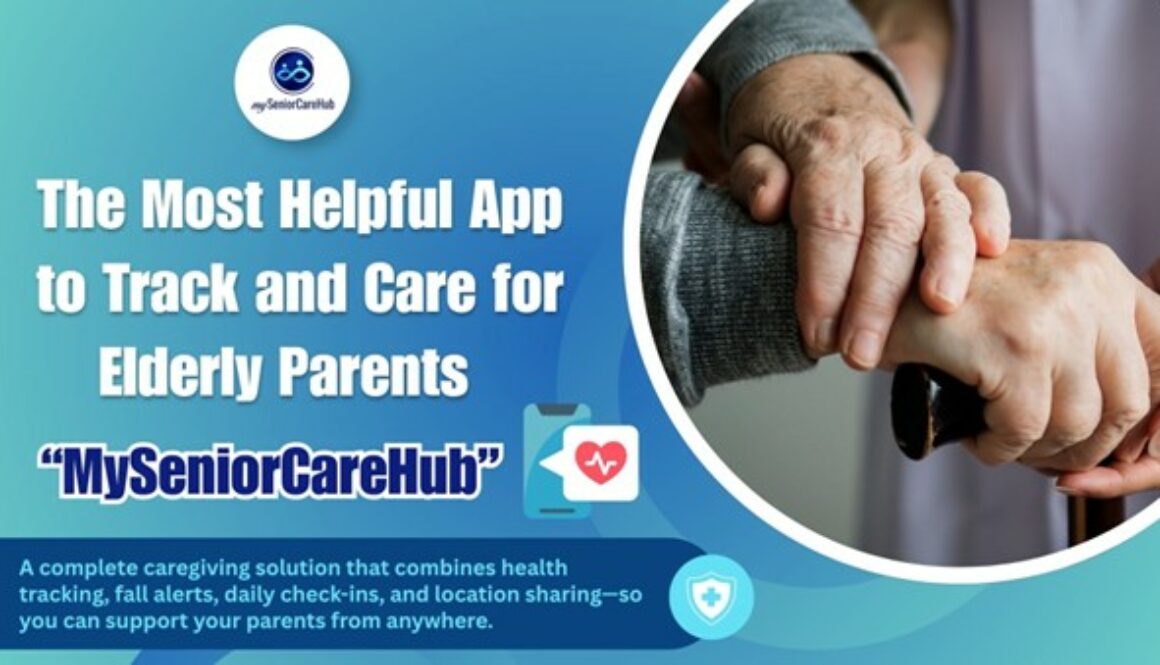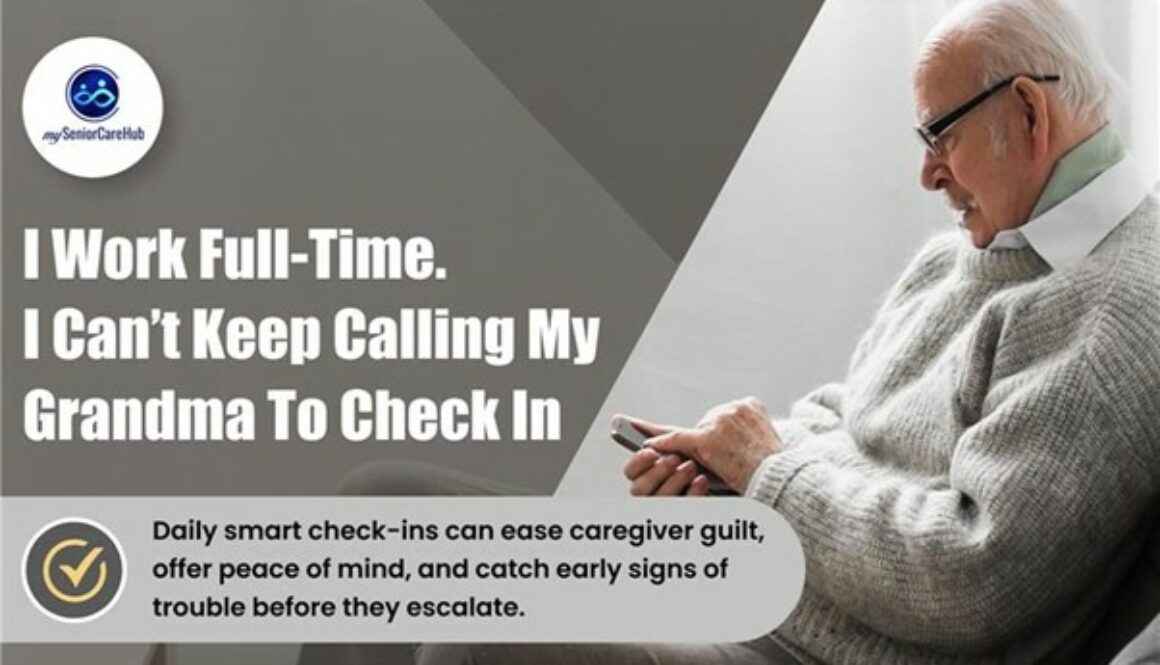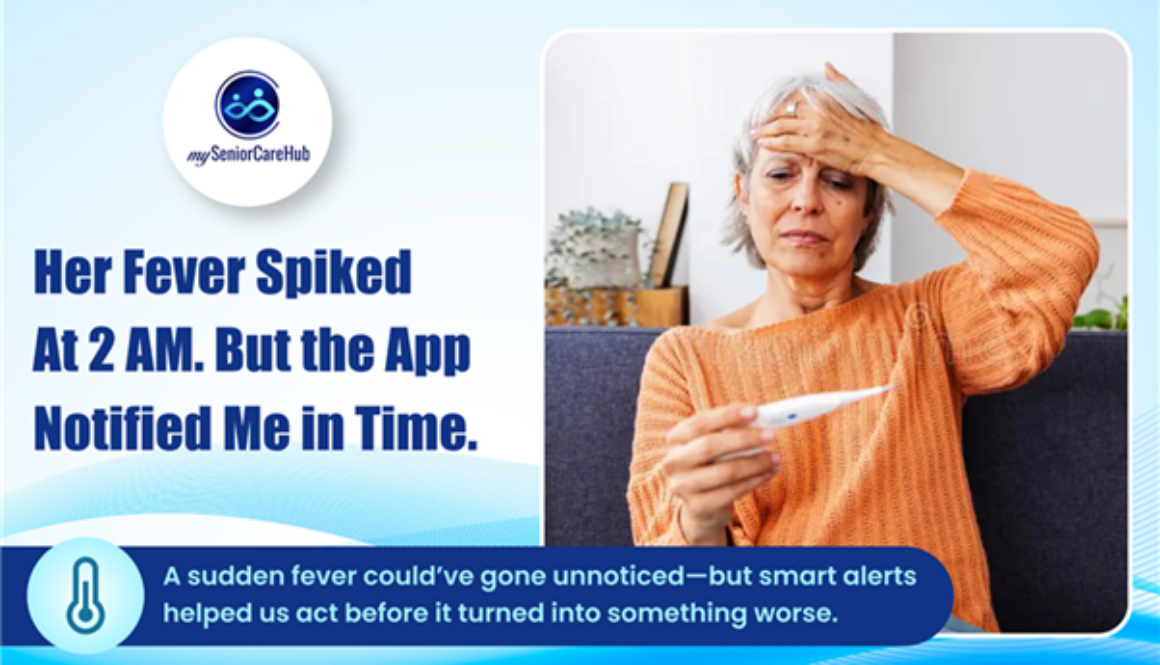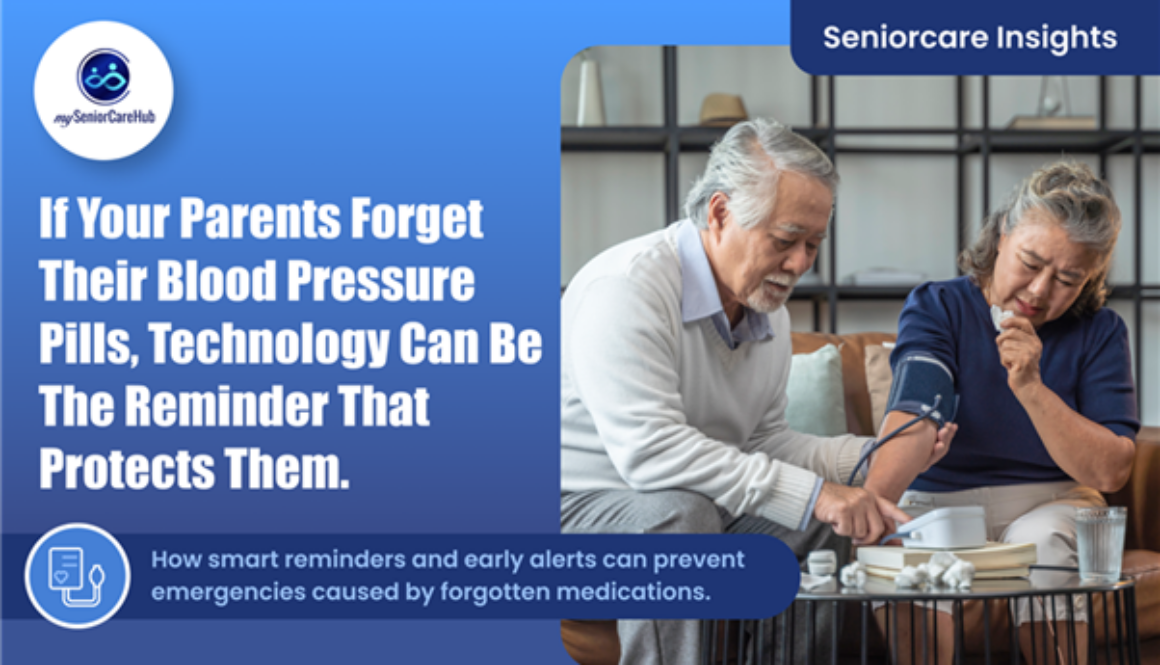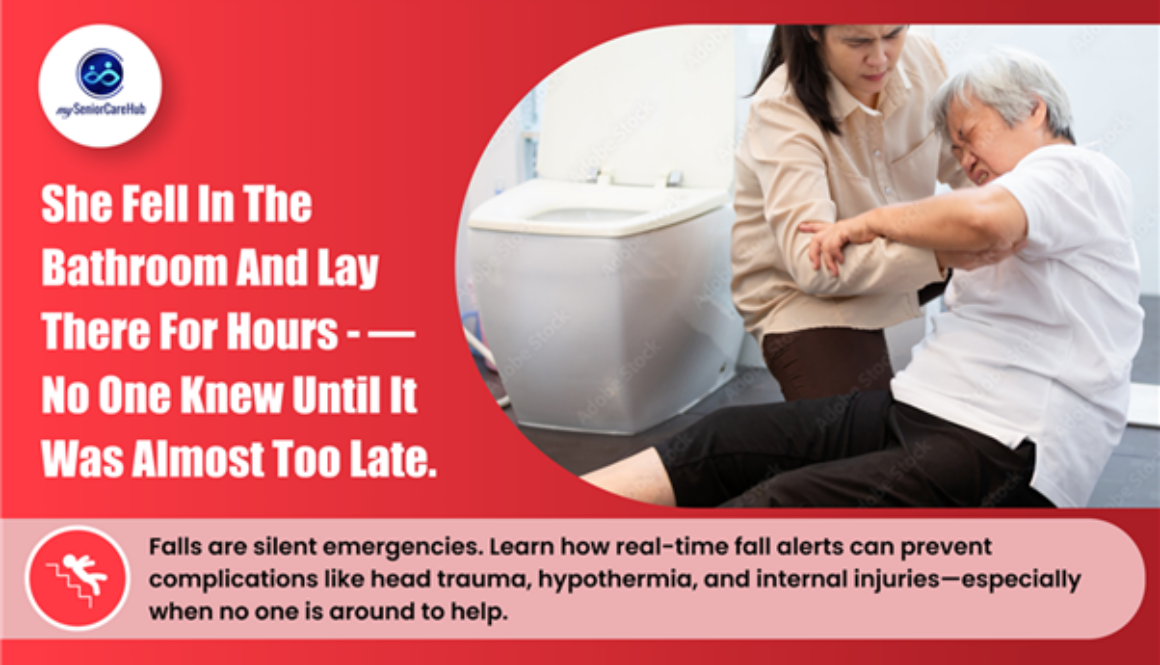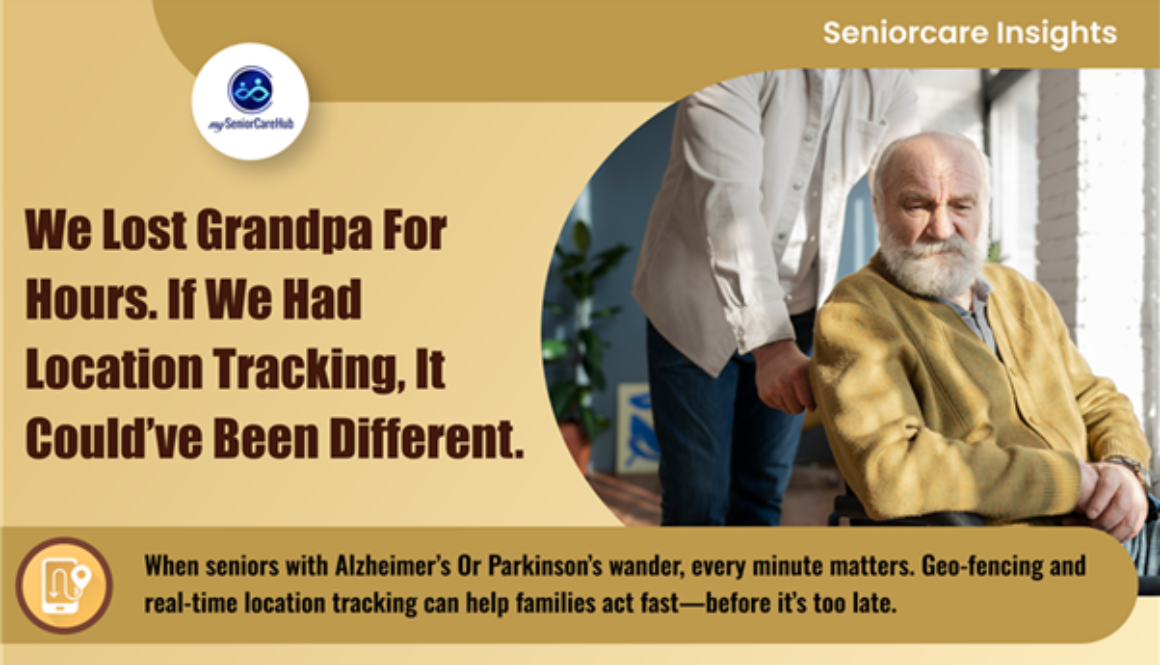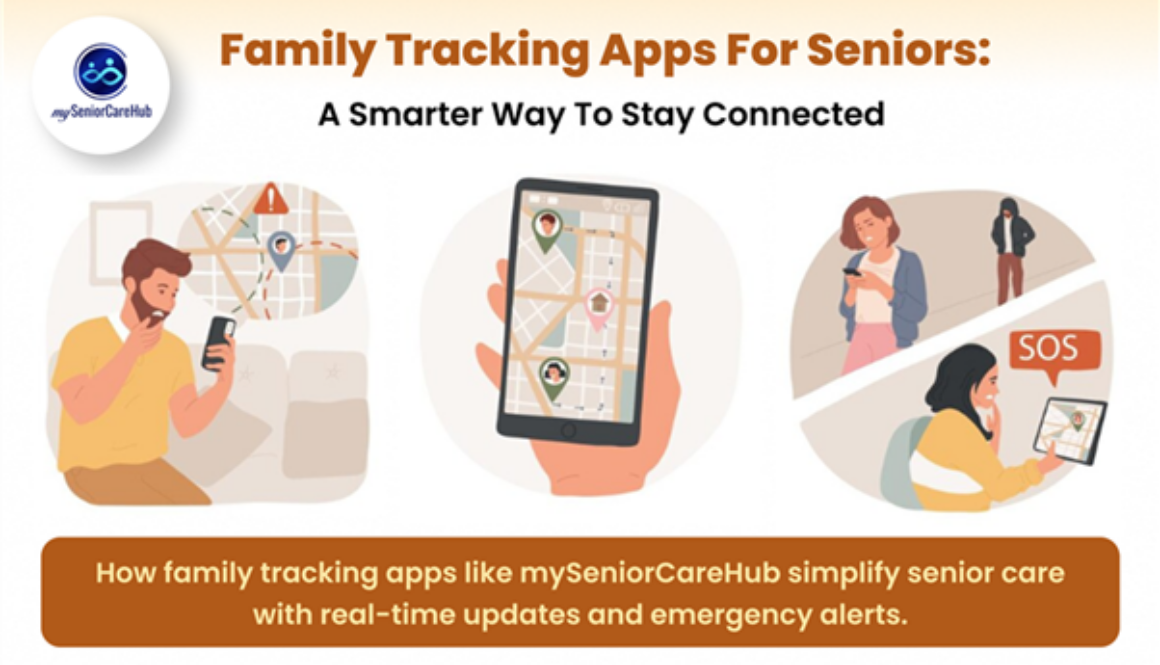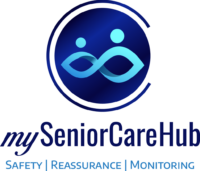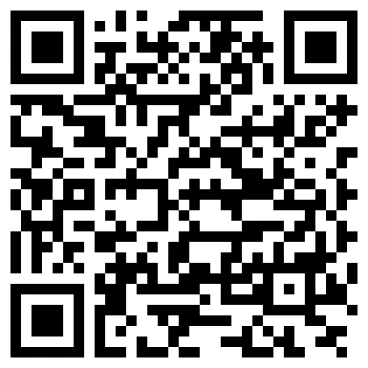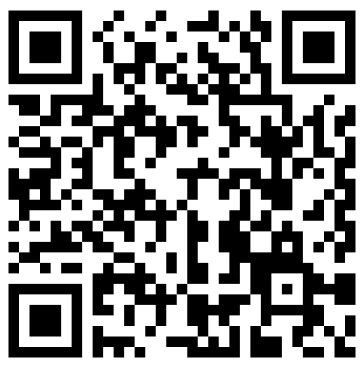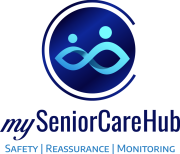Catching Falls Before They Turn Critical: A Smarter Care Approach
Fall Detection App for Seniors
When Meera’s father fell in the bathroom, no one heard him call out. It was nearly an hour before a neighbour heard his cries as he lay there, soaked, hurt, and afraid while she was at work. After that incident, everything was different.
For the elderly, falls are more than just accidents; they can change their lives. Every year, one in three adults 65 and older suffers a fall. Some people never fully recover, either emotionally or physically, while many wake up with minor bruises.
Why Do Seniors Have Such a High Risk of Falling?
The body changes with age. Balance becomes trickier. Reflexes slow down. Vision and hearing fade. Medications can cause dizziness. Even a small carpet wrinkle or dim corridor can result in a serious accident.
But the real problem? Lack of prompt assistance.
If not treated right away, even a small fall can cause serious health issues like internal bleeding, infections, or permanent immobility.
Home Safety Measures: A Good Start – Fall Detection App for Seniors
Of course, physical changes in the home can reduce risk:
- Install grab bars in the bathroom
- Use anti-slip mats and proper lighting.
- Keep floors clutter-free
- Ensure furniture is sturdy and doesn’t wobble.
- Raise toilet seats for easier sitting and standing.
These are great, but they address prevention, not protection. What about when the fall still happens?
The Invisible Gaps in Elder Safety – Fall Detection App for Seniors
Many caregivers believe that their loved ones are fully protected once the home is modified. But reality paints a different picture.
A fall can happen even in the most carefully arranged space. And when it does, the real danger begins. Some seniors lie on the floor for hours, unable to reach the phone or cry out loudly. Others, especially those with dementia, may not even realise they’re hurt or need help.
That’s where mySeniorCareHub Makes All the Difference – Fall Detection App for Seniors
mySeniorCareHub provides a smart safety net based on fall detection, 24/7 tracking, and real-time alerts.
Let’s break it down:
Fall Detection System – Automatically senses sudden movement or impact and sends immediate alerts to caregivers or emergency contacts.
Live GPS Tracking – Whether indoors or outdoors, you will always know your loved one’s location, which is critical during emergencies or wandering.
Wellness Score – An integrated feature that monitors vital signs like heart rate, blood pressure, and oxygen levels. If health trends start dipping, you get notified before a crisis hits.
Geofencing & SOS Alerts – Get notified if your loved one steps out of a safe zone. With just one tap, they can also raise an SOS alert directly from the app.
More Than Just Fall Detection App for Seniors – It’s a Lifeline
Let’s go back to Meera. After installing mySeniorCareHub, her father had another fall—this time in the kitchen. But within seconds, Meera got an alert. A nearby friend rushed over, and medical help arrived quickly. Her father was fine. It didn’t just save him—it gave the entire family peace of mind.
Complications That Arise After Falls

Untreated or unnoticed falls can lead to:
| Complication | Consequence |
| Hip fractures | Loss of mobility, surgery, and long rehab |
| Head injuries | Memory loss, brain trauma, even death |
| Functional decline | Loss of independence, bedridden life |
| Fear of falling | Seniors, stop walking or socialising. |
| Depression | Feelings of isolation and hopelessness |
Care Needs to Evolve with Age—and So Should We

Falls in seniors aren’t just accidents – they’re wake-up calls. And while home safety measures are essential, they’re not enough on their own. What truly matters is how quickly you can respond when something goes wrong.
That’s where mySeniorCareHub becomes a game-changer. Fall Detection App for Seniors
When a fall is detected, the app automatically sends an immediate alert; no need to press a button. You’ll receive the user’s real-time location, so you know exactly where they are and what kind of help they might need.
And if it’s an emergency?
Help is available 24/7. Whether it’s the police, fire services, or ambulance, emergency responders are dispatched instantly, and loved ones are notified right away.
In those critical moments, every second counts.
mySeniorCareHub ensures that your loved one is never truly alone, even when you are unable to be present physically. It’s more than just detecting a fall; it’s also about ensuring that someone is available to respond.
Because peace of mind shouldn’t be a luxury. It should be a feature.
And now, it is.

